Welcome back to the Stairway to Wisdom!
This week I released my breakdown of The Pathless Path, by Paul Millerd, which receives one of my highest recommendations of 2023 so far!
The Pathless Path is about the invisible scripts that shepherd us into prescribed modes of living and being in the world; it's about freedom and creativity; it's about money, meaning, and work; and it's about being fearlessly, unapologetically yourself, in a world that shouts back, "You can't do that!"
It's also about looking at the ladder you're climbing right now and asking yourself whether it's actually leaning against the right building.
So if you've ever woken up in the wrong life (and who hasn't?), The Pathless Path is one of the books you may want to read next.
In this issue of the newsletter, we've also got a profile on the great F. Scott Fitzgerald, three books that will help you soothe your own mind, wisdom from a wonderful book about living in the moment, and more!
So let's get started!
Latest Release: The Pathless Path
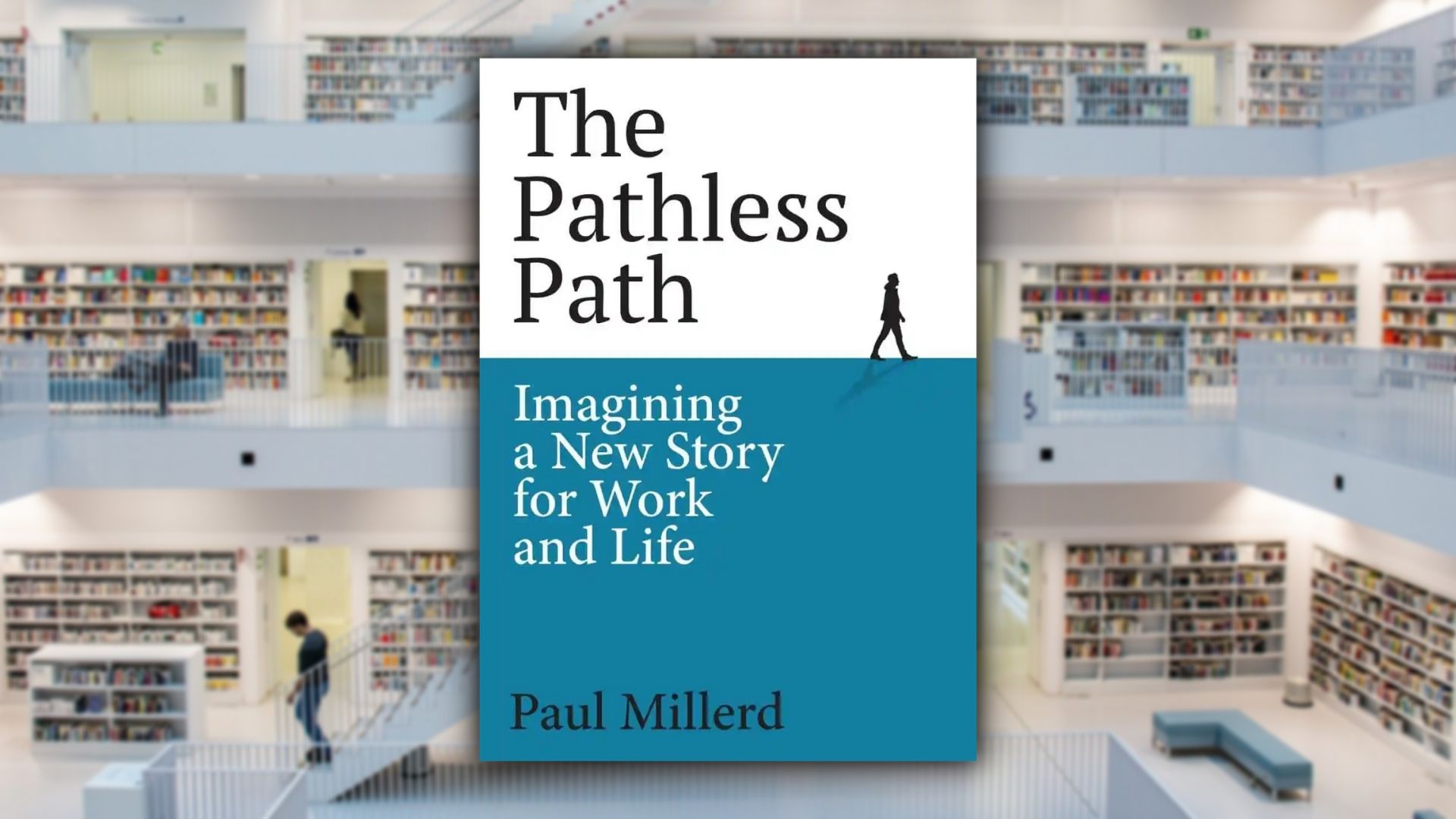
"I want to see people live the lives they are capable of, not just the ones they think they are allowed to live."
-Paul Millerd, The Pathless Path
The chances of a perfect life path being successfully scripted for you by someone else are precisely zero. We exist in a community of others, but individually, we are completely alone and our lives are up to us.
More than that, we have the opportunity - the ability - to curate our own reality every moment, and by definition, no one can do this for us. We think that the meaning of life is "out there" and that we have to find out what it is. When in reality, it is Life that asks us the questions, and how we live is our answer.
In the same way, Paul Millerd doesn't have any answers. There are no hacks or step-by-step formulas in this book, no mandatory reading lists, and no milestones you have to hit in order to live a meaningful life.
Instead, The Pathless Path is about the invisible scripts that shepherd us into prescribed modes of living and being in the world; it's about freedom and creativity; it's about money, meaning, and work; and it's about being fearlessly, unapologetically yourself, in a world that shouts back, "You can't do that!"
It's also about going somewhere, but not following anything. Getting lost, and finding yourself. Leaving, but never arriving.
The default path - doing what everyone is doing, living the same day, week, month, and year that everyone else is living over and over again - used to work for most people. But this future that we're building together is not a default future. We have so many more options and opportunities - possibilities for our lives that we can explore and take to their logical conclusions. The default path is dying away, and we have to come to terms with our own freedom and what we want to do with it.
I mean, here you are, the universe's most spectacular creation, and you're just kinda getting by. Living a "good enough" life, surviving day to day, coasting through a default world you never made.
The Pathless Path is Paul Millerd's answer to the question of what makes meaningful work and what we might aspire to in our lives. But you and I can never be Paul Millerd. His life is taken. You can only be yourself, and I can only be myself. The pathless path is narrow, wide enough for only one person. You.
--> Read the rest at the Stairway to Wisdom!
Inside the Mind: F. Scott Fitzgerald
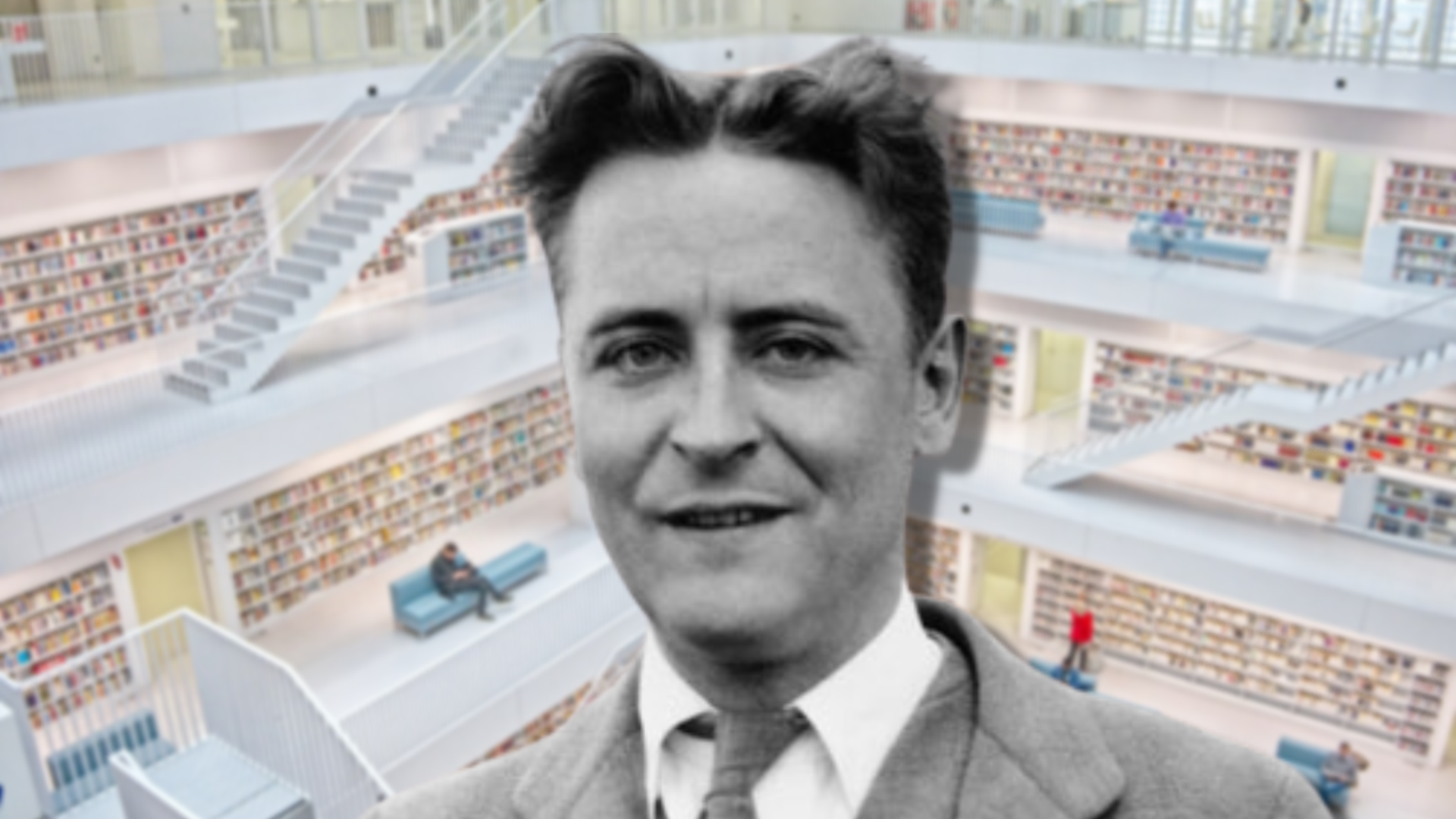
Inside the Mind is where we take you deeper into the life and thought of a major literary figure, someone who has had an extraordinary impact on our collective knowledge and wisdom.
Today I'm featuring F. Scott Fitzgerald (1896-1940), an American novelist who finished four novels, left one unfinished, and wrote 164 short stories that encapsulated the experiences and worldview of the "Lost Generation."
Americans born in the 1890s belonged to what would later become known as the Lost Generation, including writers like Ernest Hemingway, who would later become a close friend and contemporary of Fitzgerald.
F. Scott Fitzgerald is most commonly associated with his book, The Great Gatsby - literally referred to as the "Great American Novel" - a book about the age of excess and dissolution after World War I.
I've always thought of his life as somewhat tragic, as it was full of financial uncertainty (The Great Gatsby wouldn't become extremely popular until after his death) and wild flameouts with his wife, Zelda, who would later be hospitalized for schizophrenia.
But there's a distinct, separate world you enter into when you read The Great Gatsby, and it's the mark of great writers everywhere to be able to take you to those places you never dreamed could exist.
A Few Quotes from F. Scott Fitzgerald:
“I fell in love with her courage, her sincerity, and her flaming self-respect. And it's these things I'd believe in, even if the whole world indulged in wild suspicions that she wasn't all she should be. I love her and it is the beginning of everything.”
“Show me a hero, and I'll write you a tragedy.”
“That is part of the beauty of all literature. You discover that your longings are universal longings, that you're not lonely and isolated from anyone. You belong.”
Start with This Book: The Great Gatsby, by F. Scott Fitzgerald
Another Good Place to Start: Tender is the Night, by F. Scott Fitzgerald
Wisdom in Action:

You'll notice that every book summary in the Stairway to Wisdom comes with Action Steps. That's because when you really want to bring about changes in your life, knowledge is not enough.
After learning and knowing, you must do.
We want every one of our readers to see and feel their lives changing for the better, immediately and over time.
So in this section, we've taken the first three Action Steps from Awareness, by Anthony de Mello, a fantastic book about living in the moment and finding out who you are, and put them right in front of you so that you can take action today:
#1: Don't "Do" Anything
“When you renounce something, you're stuck to it forever. When you fight something, you're tied to it forever. As long as you're fighting it, you are giving it power. You give it as much power as you are using to fight it."
You don't have to "do" anything to become "enlightened" or whatever you think you want to become. Peace and happiness...enlightenment...is your natural state, and all you have to do is let drop all the obstructions that are clouding your vision of Reality. You don't have to do anything! Striving for something implies that you don't already have it when in reality, awareness is something that you've always had.
#2: Turn on the Light of Awareness
“The only way someone can be of help to you is in challenging your ideas. If you’re ready to listen and if you’re ready to be challenged, there’s one thing that you can do, but no one can help you.
What is this most important thing of all? It’s called self-observation. No one can help you there. No one can give you a method. No one can show you a technique. The moment you pick up a technique, you’re programmed again.
But self-observation—watching yourself—is important. It is not the same as self-absorption. Self-absorption is self-preoccupation, where you’re concerned about yourself, worried about yourself. I’m talking about self-observation.
What’s that? It means to watch everything in you and around you as far as possible and watch it as if it were happening to someone else. What does that last sentence mean? It means that you do not personalize what is happening to you. It means that you look at things as if you have no connection with them whatsoever.”
#3: Get Into Today
When you enjoy something intensely, you need very little of it. It's because we've forgotten how to enjoy life that we're always looking for more, more, more. When you really get into today - when you live now, immediately - today is enough.
There are numerous ways you could do this, but it helps most of all to simply slow down. Tomorrow's problems will arrive tomorrow, but when you give your full focus and attention to today, and what you're doing right now, then tomorrow tends to turn out alright.
Read the Full Breakdown: Awareness, by Anthony de Mello
From the World of Reading:
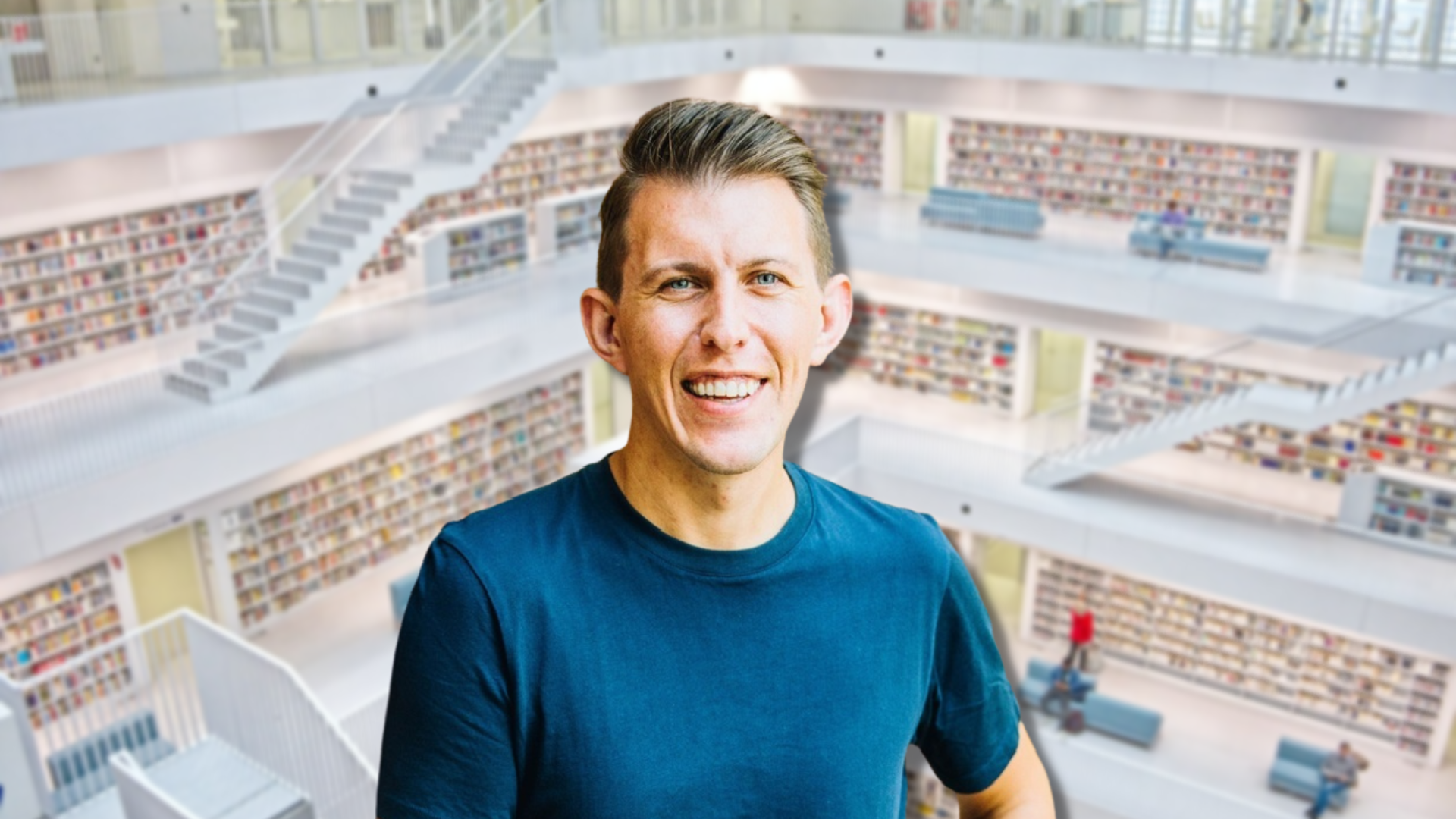
Paul Millerd's book, The Pathless Path, is featured this week at the Stairway to Wisdom, but he's also an excellent person to follow on Twitter, especially if you like reading about self-publishing and creative entrepreneurship.
Today, I want to share with you a few things from Paul, one of which is a 71-page slide deck detailing what he learned self-publishing The Pathless Path and turning down a $200k book deal.
He's also got an epic, 8,000-word post called From Blog to Book: How To Self-Publish On Your Own Terms, which details his step-by-step journey of how he self-published his book.
Self-publishing used to be just for writers who weren't good enough to get a book deal, but that's rapidly changing, as more and more people are finding out that they can retain significantly more creative control - and make more money - by taking an active part in the publishing process themselves.
Further Reading: Paul Millerd on Twitter
Learn This Concept: Publication Bias

In the world of academic research, publication bias occurs when "the outcome of an experiment or research study biases the decision to publish or otherwise distribute it."
That means that researchers sometimes opt not to publish the results of their studies if the experiment turns out differently than expected or doesn't find anything at all.
Apparently, papers with statistically significant results are three times more likely to be published than those with null results, which unduly motivates researchers to manipulate their findings or otherwise work to ensure statistically significant results, regardless of their initial findings.
Needless to say, this is a...problem.
You can see a version of this problem with research on smoking funded by cigarette companies going unpublished. That's a more extreme manifestation of publication bias, of course, but you can understand why researchers wouldn't want to go through with publishing an entire paper saying that they didn't actually find anything.
Further Reading: Wikipedia
Three Books: How to Soothe Your Own Mind
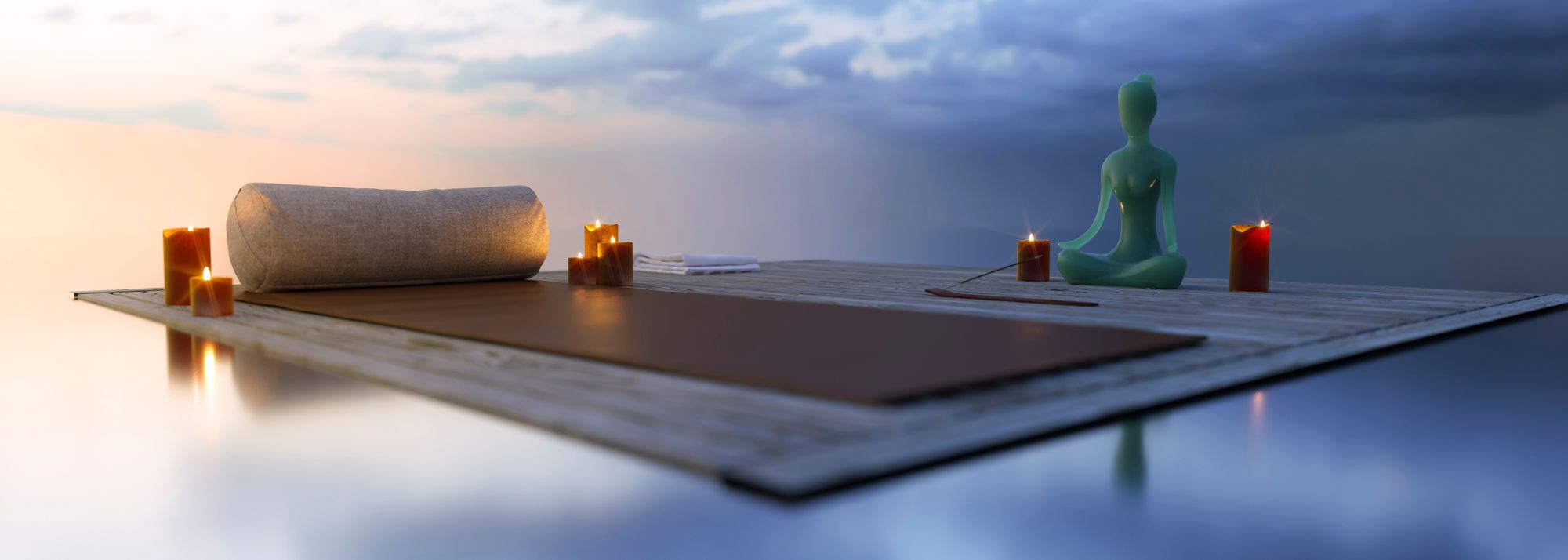
There is a book for every problem you could ever face. Whatever it is that you're dealing with, someone else has also gone through something similar, come out stronger on the other side, and written about it in a book.
With that in mind, here are three books that can show you how to soothe your own mind, ease stress, and find relief:
Self-Compassion, by Kristin Neff:
"The beauty of self-compassion is that instead of replacing negative feelings with positive ones, new positive emotions are generated by embracing the negative ones. It's learning how to do this that can help you heal from a lifetime of emotional pain and feelings of unworthiness."
This Book Breakdown contains 11 Key Ideas, 5 Action Steps, and 46 Book Notes. Read It Here.
Love Yourself Like Your Life Depends on It, by Kamal Ravikant:
“I did it the simplest way I could, by focusing on one thought again and again and again until it was more on my mind than not. Imagine that. Imagine the feeling of catching yourself loving yourself without trying. It's like catching a sunset out of the corner of your eye. It will stop you."
This Book Breakdown contains 8 key ideas, 5 action steps, and 40 curated insights. Read It Here.
Stillness is the Key, by Ryan Holiday:
If you can tolerate enough boredom, you can achieve pretty much anything. Almost everything that’s worth achieving isn’t going to be the result of one single exciting event, but rather the sum total (or sometimes, the exponential total) of relatively unexciting actions, repeated over and over and over again until your personal summit is reached.
This Book Breakdown contains 7 key ideas, 6 action steps, and 36 curated insights. Read It Here.
Upgrade Your Reading:

An anti-library is basically any collection of books that far exceeds your capacity ever to read them all in a single lifetime.
Turns out I've had an anti-library for years and I didn't even know it!
I used to feel guilty about all the unread books in my house, and more than a little pissed off about the finitude of human existence. Still do, if we're being honest.
But I now believe that it's worth building an anti-library for yourself because of the intellectual humility and boundless curiosity that an anti-library can give you.
There's nothing like thousands and thousands of unread books staring back at you to remind yourself that in the grand scheme of things you're still on "Page One."
This article from Farnham Street will explain more...
This week, I caught myself feeling guilty as I walked into my office and looked at the ever-growing number of unread books. My bookshelf, which seems to reproduce on its own, is a constant source of ribbing from my friends.
“You’ll never read all of those,” they say. And they’re right. I won’t. That’s not really the point.
It is our knowledge — the things we are sure of — that makes the world go wrong and keeps us from seeing and learning.
— Lincoln Steffens
Some questions are only asked by people with a fundamental misunderstanding. The friends who walk into my office and ask, “Have you read all of these” miss the point of books.
In his book, The Black Swan, Nassim Taleb describes our relationship between books and knowledge using the legendary Italian writer Umberto Eco (1932-2016).
The writer Umberto Eco belongs to that small class of scholars who are encyclopedic, insightful, and nondull. He is the owner of a large personal library (containing thirty thousand books), and separates visitors into two categories: those who react with “Wow! Signore professore dottore Eco, what a library you have. How many of these books have you read?” and the others—a very small minority—who get the point is that a private library is not an ego-boosting appendages but a research tool. The library should contain as much of what you do not know as your financial means … allow you to put there. You will accumulate more knowledge and more books as you grow older, and the growing number of unread books on the shelves will look at you menacingly. Indeed, the more you know, the larger the rows of unread books. Let us call this collection of unread books an antilibrary.
Taleb adds:
We tend to treat our knowledge as personal property to be protected and defended. It is an ornament that allows us to rise in the pecking order. So this tendency to offend Eco’s library sensibility by focusing on the known is a human bias that extends to our mental operations. People don’t walk around with anti-résumés telling you what they have not studied or experienced (it’s the job of their competitors to do that), but it would be nice if they did. Just as we need to stand library logic on its head, we will work on standing knowledge itself on its head.
A good library is filled with mostly unread books. That’s the point. Our relationship with the unknown causes the very problem Taleb is famous for contextualizing: the black swan. Because we underestimate the value of what we don’t know and overvalue what we do know, we fundamentally misunderstand the likelihood of surprises.
The antidote to this overconfidence boils down to our relationship with knowledge. The anti-scholar, as Taleb refers to it, is “someone who focuses on the unread books, and makes an attempt not to treat his knowledge as a treasure, or even a possession, or even a self-esteem enhancement device — a skeptical empiricist.”
My library serves as a visual reminder of what I don’t know.
Source: Farnam Street
Study Notes: Frederick Douglass: Prophet of Freedom, by David W. Blight
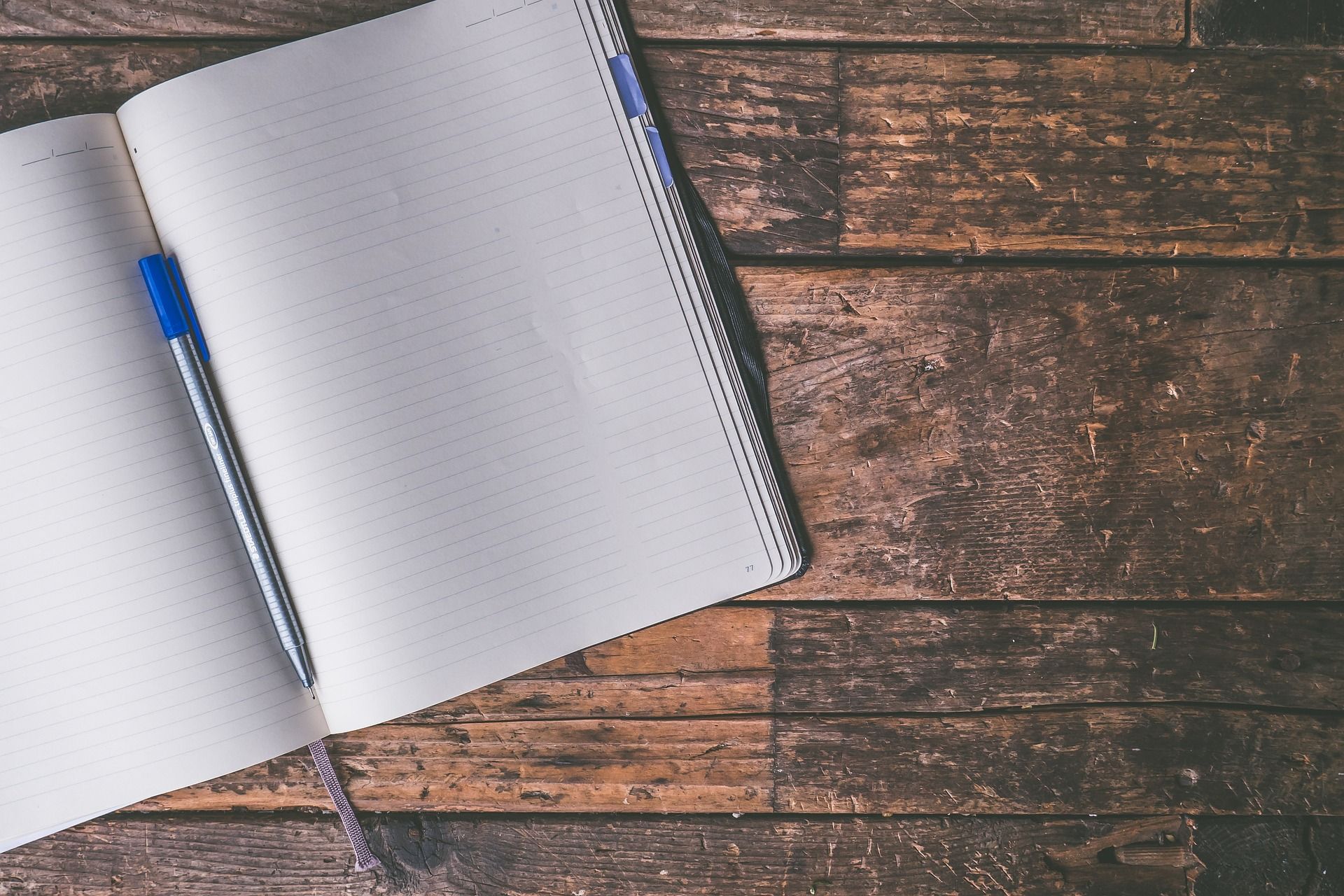
This is such a rewarding book, and I’m glad I powered through, even though it’s long and fairly dry in some places. It’s the story of Frederick Douglass, a former slave and one of the greatest American heroes ever to have lived – in the 19th century, or pretty much at any other time either.
His future was shaped by books, too. Douglass grew up never knowing his father – and being separated, tragically, from his mother – and his prospects didn’t look good. As they didn’t for many people of color in racist America at that time.
No one was going to go out of their way to teach Fred to read, so he did it himself.
He taught himself to read, and he did so to such a great extent that he became one of the best American writers ever, and he went on to live a sensationally productive and powerful life.
Frederick Douglass is such an inspiration to me – and just a really cool, super strong dude – that I absolutely had to read this, and there’s so much great stuff in here. His life’s story is wild, the book itself is wonderfully written, and if you’re into American history at all, you may as well start right here.
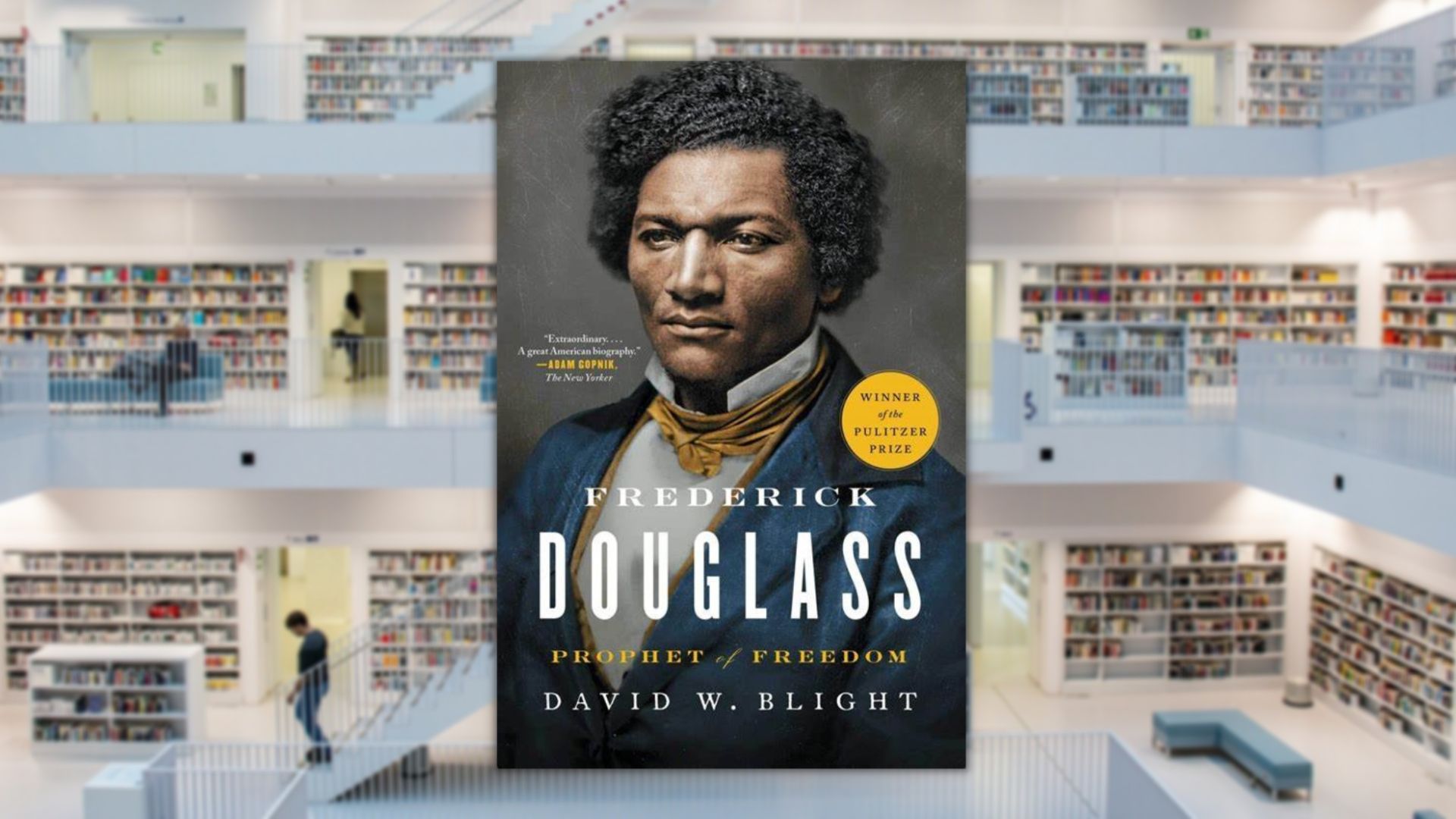
A SAMPLE OF MY BOOK NOTES FROM FREDERICK DOUGLASS: PROPHET OF FREEDOM:
“For all who wish to escape from outward or inward captivity, they would do well to feel the pulses of this life, and to read the words of this voice. And then go act in the world.”
“Freedom had aroused my soul to eternal wakefulness. Freedom now appeared, to disappear no more forever. It was heard in every sound, and seen in every thing. It was ever present to torment me with a sense of my wretched condition. I saw nothing without seeing it, I heard nothing without hearing it, and felt nothing without feeling it. It looked from every star, it smiled in every calm, breathed in every wind, and moved in every storm.”
“Slavery had denied him a father; he would never let that happen to his children.”
“Douglass stressed the ‘vast and wonderful change’ since the 1860s. He marveled that he could ‘live to see the day when I could with safety to my person, to my liberty, tread the soil of Florida, of South Carolina, of Georgia.’
For so long the very names of those states ‘sent a shudder through me.’ But now, Douglass declared via Isaiah, ‘We see…a new heaven and a new earth.’”
“You may say that Frederick Douglass considers himself a member of the one race that exists.”
“My joys have far exceeded my sorrows and my friends have brought me far more than my enemies have taken from me.”
Further Reading: Matt Karamazov's Notes from 1,150+ Books
What's Next?
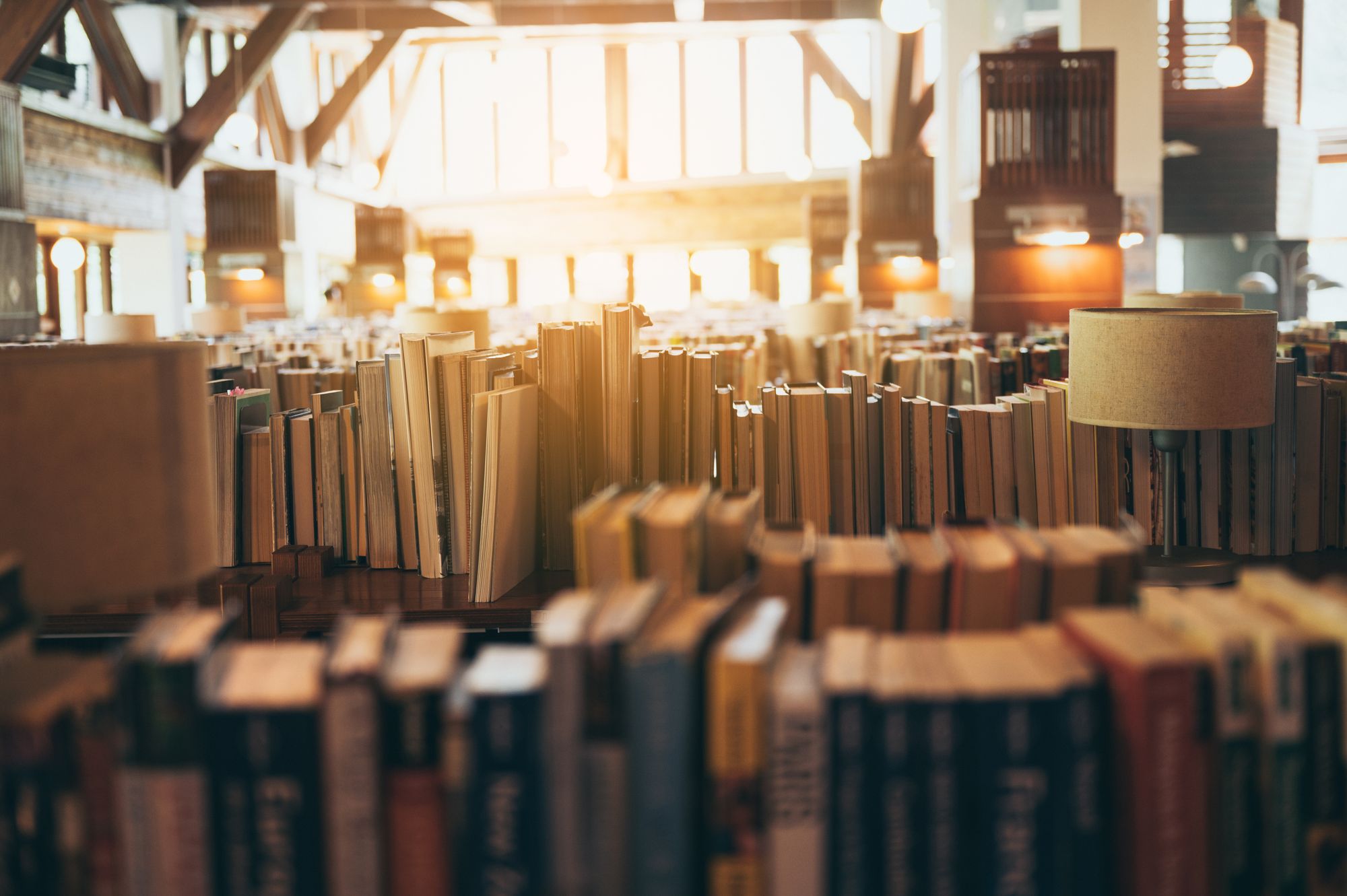
That's it for this week! Next week, I'll be back with more book breakdowns, inspiring thinkers, novel concepts, big ideas, reading tips, and more.
In the next issue, I will also be releasing the breakdown of The Essential Wooden, by John Wooden and Steve Jamison, one of the greatest leadership books you'll ever encounter, encapsulating a philosophy that has guided my life from the very moment I first read it.
Also, if you have any bookish friends that you think would love the Stairway to Wisdom, you can click the button below and share it with them. I mean, what are friends for?
We covered a lot today, and again, thank you very much for joining the Stairway to Wisdom. The whole team is behind you! We all want you to win!
Until next time...and happy reading!
Matt Karamazov

